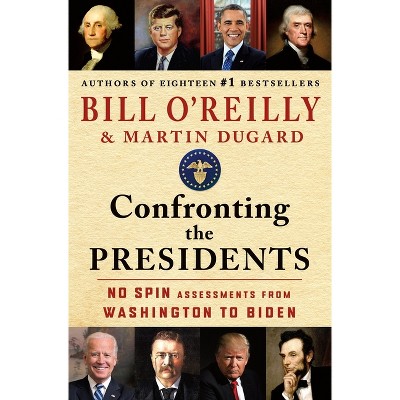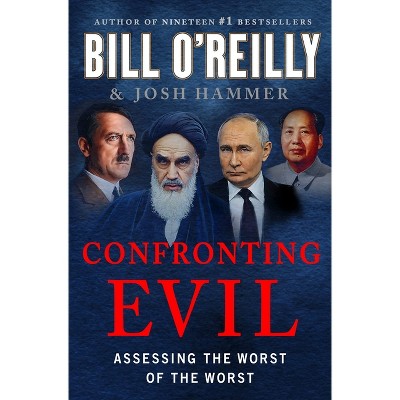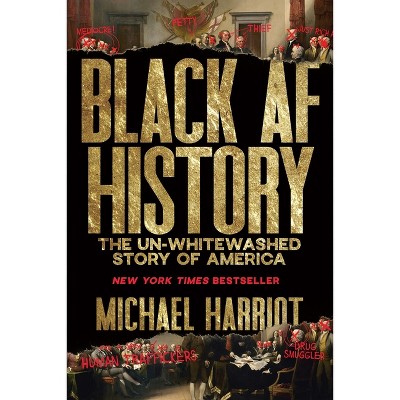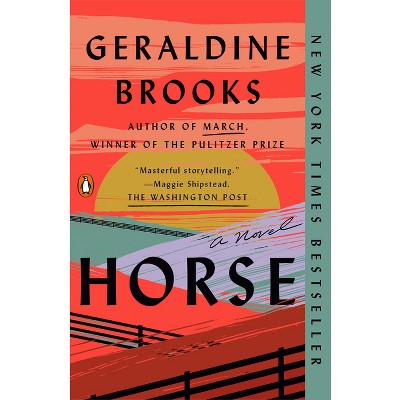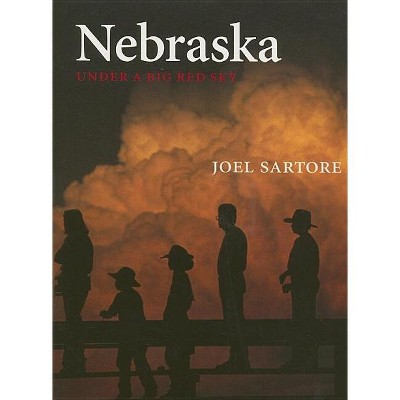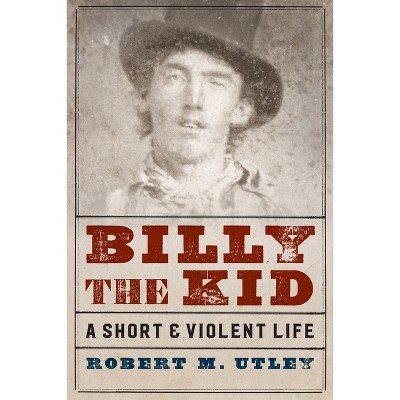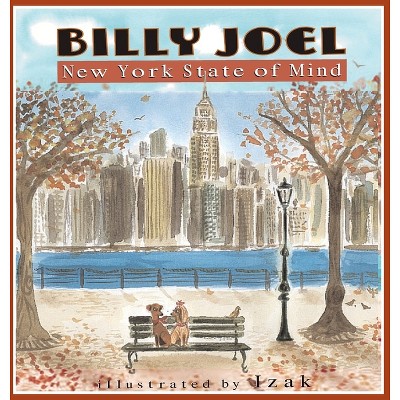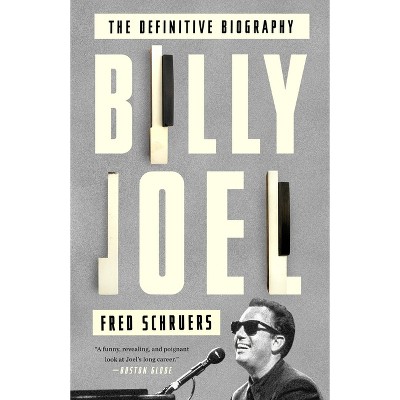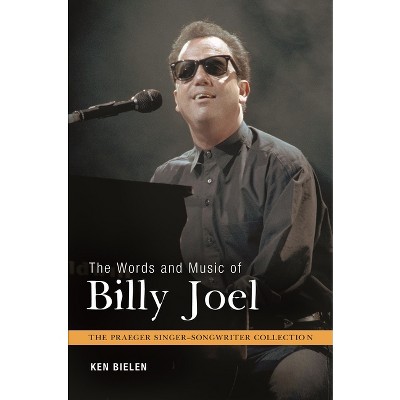About this item
Highlights
- During the 1870s a group of merchants and their allies, known as "The House," gained control over the economy of Lincoln County, New Mexico.
- About the Author: Joel Jacobsen is an assistant attorney general for the State of New Mexico specializing in criminal appeals.
- 322 Pages
- History, United States
Description
About the Book
"A lively, lucid, compelling account of complex and confusing events about which scholars are still puzzling".--WASHINGTON TIMES. This story of greed, violence, and death has entered American folklore through the mythologizing of the career of Billy the Kid and also through a tendency to see the Lincoln County War as emblematic of frontier lawlessness. Illustrations.Book Synopsis
During the 1870s a group of merchants and their allies, known as "The House," gained control over the economy of Lincoln County, New Mexico. In 1877 this control was challenged by an English entrepreneur, John Tunstall. The House violently resisted the interloper, eventually killing him; Tunstall's employees and supporters, known as the Regulators, sought to take vengeance on the House by killing those responsible for Tunstall's death. Among the Regulators was a young man known as Billy the Kid.This story of greed, violence, and death has entered American folklore through the mythologizing of the career of Billy the Kid and also through a tendency to see the Lincoln County War as an archetype of Western history. As are Dodge City, Boot Hill, and the OK Corral, the Lincoln County War is emblematic of frontier lawlessness.
The story has been often retold, and central to many of the accounts is the question of right and wrong, even of good and evil; was Billy the Kid merely a thug, a gun-for-hire, in an amoral turf battle between rival gangs? Or was the Kid actually a participant in a brave but doomed attempt to wrest control of a defenseless town from a corrupt and vicious band?
Basing his account on a careful reexamination of the evidence, particularly on expressions of public sentiment, court records, and the actions of Tunstall and the House, Jacobsen subjects traditional attitudes--both the "Billy as martyr" and the "war among thieves" explanations--to a searching reexamination, and finds that--as with most things in life--the truth lies somewhat between.
Review Quotes
"A lawyerly regard for truth, accuracy and the written record. . . . [It's] a tonic to the hysterical and sensational accounts of the past."--Chicago Tribune
"A lively, lucid, compelling account of complex and confusing events about which scholars are still puzzling."--Washington Times
"By focusing on the uniqueness of the Lincoln County War and the individuals involved in it, Jacobsen expands our knowledge of the events. . . . A thorough and well-documented description of one of the western frontier's best known instances of violence."--Western Historical Quarterly
"Dispassionate yet lively, this book sets Billy's career and the conflicts in Lincoln County in context. The engaging narrative will please and provoke scholar, well-versed buff, and newcomer alike."--Library Journal
About the Author
Joel Jacobsen is an assistant attorney general for the State of New Mexico specializing in criminal appeals.Shipping details
Return details
Trending History
